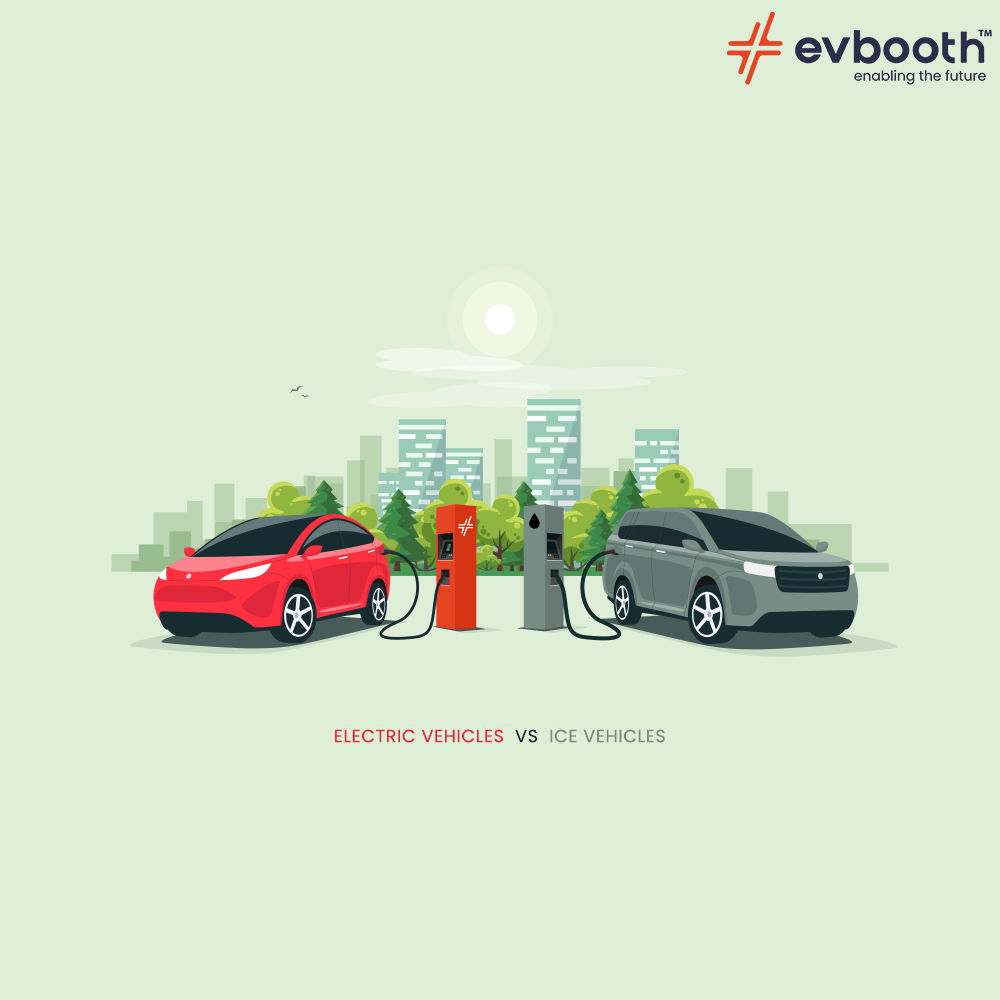Empowering Transformation: Why Residential Welfare Associations (RWAs) Should Embrace Solar-Powered EV Charging Solutions
Introduction
Residential Welfare Associations (RWAs) serve as the backbone of community governance and development across India. As the world grapples with the challenges posed by climate change and environmental degradation, RWAs are increasingly called upon to play a pivotal role in promoting sustainability within their neighborhoods. One of the most promising avenues for achieving this goal is the adoption of solar-powered electric vehicle (EV) charging solutions. By harnessing the abundant solar energy resources available in India, RWAs can not only reduce their carbon footprint but also pave the way for a more sustainable and eco-friendly future.
Harnessing Solar Energy: India’s Renewable Powerhouse
India boasts immense potential for solar energy utilization, with abundant sunlight available across the country. According to estimates, India has an annual solar generation potential of 5,000 trillion kWh per year, making it one of the most promising renewable energy sources available. Additionally, numerous regions receive 4-7 kWh/sq.m per day, highlighting the vast untapped potential of solar power in the country.
By tapping into this vast solar resource through the installation of photovoltaic panels, RWAs can unlock a sustainable source of energy to power EV charging stations within their communities. This transition not only reduces reliance on traditional fossil fuels but also mitigates the environmental impact associated with conventional energy generation methods.
The Impact on Residential Sustainability
The adoption of solar-powered EV charging solutions holds immense promise in terms of enhancing residential sustainability. By transitioning to renewable energy sources for vehicle charging, residents can significantly reduce their carbon footprint and contribute to a cleaner and healthier environment. Furthermore, the use of solar energy can lead to lower charging costs, making EV ownership more affordable and accessible to residents.
In addition to the environmental benefits, solar-powered EV charging can also enhance the resilience of residential communities. By decentralizing energy generation and reducing reliance on the electrical grid, RWAs can ensure a more reliable and secure source of power for residents, particularly during times of grid instability or power outages.
Why RWAs Should Embrace Solar Charging Systems
RWAs stand to benefit significantly from the adoption of solar-powered EV charging systems. Beyond the environmental and sustainability benefits, embracing solar energy presents a host of economic opportunities for RWAs and their residents.
First and foremost, transitioning to solar power can lead to significant cost savings for RWAs. By generating their own electricity through solar panels, RWAs can reduce their dependence on traditional energy suppliers and mitigate the impact of fluctuating electricity prices. Additionally, solar-powered EV charging stations can generate revenue for RWAs through user fees or by selling excess energy back to the grid.
Furthermore, embracing solar energy can enhance the overall quality of life for residents. By promoting cleaner air and reducing pollution levels, RWAs can create a healthier and more livable environment for their communities. Additionally, the adoption of solar-powered EV charging can position RWAs as leaders in sustainability and attract environmentally conscious residents to their communities.
Overcoming Challenges Associated with Solar Charging Systems
While the benefits of solar-powered EV charging are clear, RWAs may encounter challenges in implementing these systems. Limited awareness and understanding of solar technology, high upfront costs, and the lack of charging infrastructure are among the key obstacles that RWAs may face. To address these challenges, RWAs must prioritize education and outreach efforts to raise awareness among residents about the benefits of solar energy and EV charging. By providing information and resources, RWAs can empower residents to support the transition to solar power and overcome misconceptions or concerns. Additionally, RWAs can explore financing options to offset the high upfront costs associated with solar installations. Government subsidies, low-interest loans, and group purchasing agreements are just a few examples of financing mechanisms that RWAs can leverage to make solar-powered EV charging more affordable and accessible to residents. Finally, RWAs must invest in the development of charging infrastructure to support the widespread adoption of EVs within their communities. By strategically locating charging stations and ensuring adequate capacity, RWAs can encourage residents to make the switch to electric vehicles and further reduce their carbon footprint.
Conclusion: Paving the Way for a Sustainable Future
In conclusion, the adoption of solar-powered EV charging solutions represents a transformative opportunity for RWAs to lead the charge towards a cleaner, greener future. By harnessing the abundant solar energy resources available in India, RWAs can reduce their environmental impact, lower energy costs, and enhance the overall quality of life for their residents. While challenges may exist, RWAs have the opportunity to overcome these obstacles through education, collaboration, and innovation. By working together with residents, local governments, and industry partners, RWAs can pave the way for a more sustainable and resilient future for communities across India. As an integral part of community governance and development, RWAs have the power to shape the future of sustainability in India. By embracing solar-powered EV charging solutions, RWAs can empower transformation and make a lasting impact on the communities they serve. Together, we can build a brighter, cleaner, and more sustainable future for generations to come.



